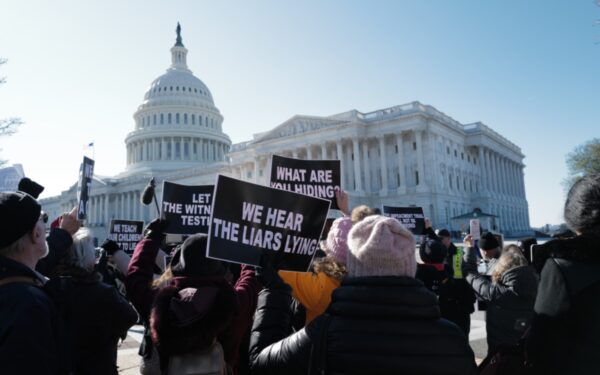
Could Kamala Harris shift the swing states to the Democrats?
Harris’s vice-presidential pick could make all the difference.
Already a subscriber? Login to your account

Already a subscriber? Login to your account
Subscribe to Reaction for just £8/month and receive unlimited access to the site, our daily email with analysis every evening and invites to online events.
Includes Iain Martin’s weekly newsletter on politics, daily columnists including Tim Marshall, Maggie Pagano and Adam Boulton. Unlimited access to all the stories by our brilliant team of journalists, our daily email with analysis every evening and Reaction Weekend featuring coverage of life, culture and sport. Plus invites to our events. Your support also helps us offer training to the journalists of the future through our Young Journalists Programme.

Harris’s vice-presidential pick could make all the difference.

In his new book, Nick Bryant explores whether America will ever escape its perpetual state of self-conflict.

Harris might not be the perfect candidate but the Democrats have done the right thing.
Subscribe to Reaction and receive unlimited access to the site, our daily email with analysis every evening and invites to online events.
© Copyright 2024 Reaction Digital Media Limited – All Rights Reserved. Registered Company in England & Wales – Company Number: 10166531.